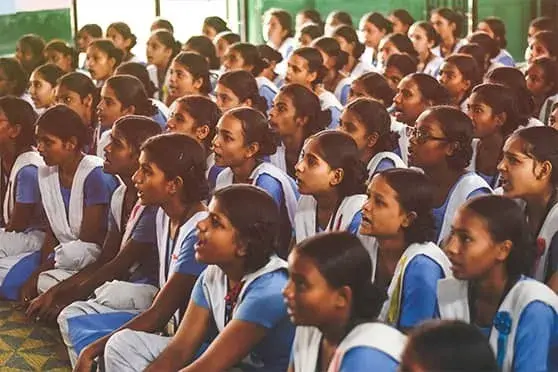ArdorComm News Network
April 8, 2024
The West Bengal Council of Higher Secondary Education (WBCHSE) has introduced significant changes to the Higher Secondary curriculum, set to be implemented from this academic year onwards. These alterations will impact students registering from the 2024-25 session. Among the key revisions are adjustments to the marks structure and the introduction of new subjects.
In a bid to enhance the quality of education, the marks structure for health and physical education, music, and visual arts has been revamped. Notably, the theory component of health and family education has been augmented from 40 to 70 marks, with the practical component now accounting for 30 percent of the overall assessment. Similarly, both music and visual arts will now carry 50 marks each for theory and practical aspects.
In response to changing educational trends and student preferences, certain language subjects such as Punjabi, Gujarati, and French have been discontinued due to low registration numbers. Conversely, the curriculum now incorporates vocational subjects aligned with contemporary industry demands, including banking financial services and insurance, food processing, and telecom.
Furthermore, the WBCHSE has introduced new subjects to enrich the academic landscape. Applied artificial intelligence, cyber security, and the science of well-being are among the innovative additions aimed at equipping students with relevant skills for the future.
Alongside these changes, the council has undertaken a restructuring of subject names and codes. For instance, home management and family resource (HMFR) will now be known as human development and resource management (HDRM), while agronomy (AGNM) has been rebranded as agriculture (AGRI). Additionally, the health and physical education subject (PHED) will retain its name but undergo a change in its designated code to HPED.
The WBCHSE’s curriculum overhaul underscores its commitment to adapting to evolving educational paradigms and ensuring students are equipped with pertinent knowledge and skills. These modifications reflect a proactive approach to addressing the needs of both learners and the contemporary job market.


